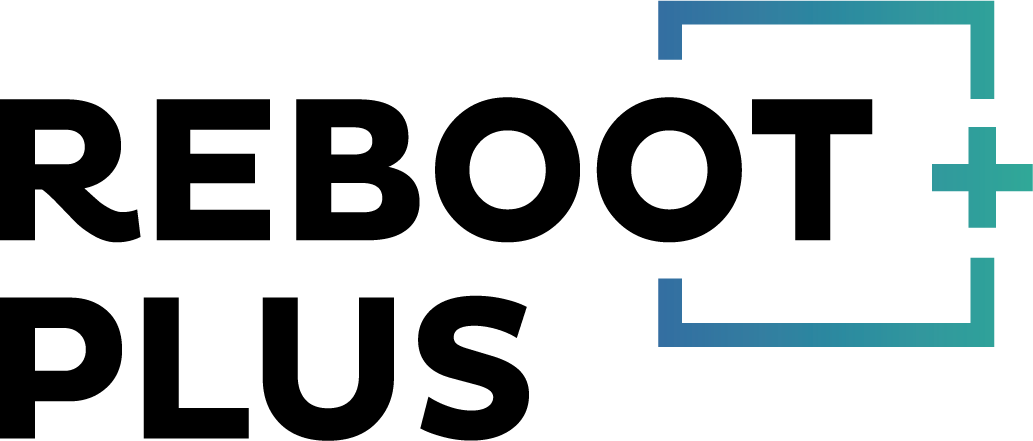Many young people struggle to understand how they fit in the current models of high school education and the workforce beyond. Reboot Plus created a new model of education and career development to help young people discover strengths and overcome the gaps through coaching, mentorship, and training. When young people realize their competencies, they can realize their potential and fuel Canada’s economic engine.
What Competencies Do Young People Need to be Successful?
 Competencies fall into three categories: behavioural, functional, and leadership. Young people need to know why these matter and how they can develop them. Through information, advice, access to services, and career options, we help young people create a concrete blueprint to a better future. Learning new skills builds independence, confidence, and self-esteem. This is an important part of supporting overall development.
Competencies fall into three categories: behavioural, functional, and leadership. Young people need to know why these matter and how they can develop them. Through information, advice, access to services, and career options, we help young people create a concrete blueprint to a better future. Learning new skills builds independence, confidence, and self-esteem. This is an important part of supporting overall development.
Behavioural Competencies
Behavioural competencies – also called soft skills – are behaviours, attitudes, and personality traits. The development of behavioural competence is one of the most important attributes that we teach youth. Young people learn social norms, social laws, rules, and regulations in the classroom environment and can transfer these skills to their every day life.
Having the opportunity to re-connect with a classroom environment reengages students in social contract. Facilitators offer a gentle reintroduction to routine and classroom expectations to model this. Through step-by-step instruction, students reflect on their core beliefs, values, and lived experiences to better understand their strengths in:
- communication
- teamwork
- empathy
- adaptability
- active listening
- creativity
- innovation
- critical thinking
- resilience
Functional competencies
Functional competencies are also known as technical abilities – the specific skills and knowledge required to do a job effectively. By identifying education, training, practice, and other preparation needed to develop these competencies, youth are able to take steps towards their goals. Plans can include post-secondary education, apprenticeship, or other learning opportunities. Functional competencies are often included in job descriptions and can vary by role and industry.
We provide youth with examples of competencies to help them determine their future direction. By outlining some examples, young people are better equipped to make good career and educational decisions. For example:
- A graphic designer should know how to use a variety of software and tools and communicate to get their ideas across
- A carpenter should know building standards and codes relevant to the structure and location
- An esthetician should know how to focus on skin-related treatments in a manner that maintains its health and aesthetic appeal
Leadership competencies
 Leadership competencies are the skills, abilities, and knowledge that support the success of organizations and its people. Examining things like problem-solving skills are critical as we move through a time of rapid change.
Leadership competencies are the skills, abilities, and knowledge that support the success of organizations and its people. Examining things like problem-solving skills are critical as we move through a time of rapid change.
Matching students with professionals through informational interviews provide young people with exposure to different leaders, and leadership styles. This helps them understand competencies that matter most and assess what resources they need to develop them.
A Recipe for Success
Ultimately, competencies determine if someone is fully capable of doing what is required of them in a role. Focusing on goals rather than tasks equip young people with knowledge of who they are, what strengths they bring to the table, and how they fit in the world. Our partnerships with educational institutions and community partners help create a productive young workforce and meet the needs of our economy.
With funding from the Government of Canada’s Future Skills Centre, we are examining whether a hope-centred education and career development program can help youth find their purpose.
Le projet Reboot Plus est financé par le Centre des Compétences futures du gouvernement du Canada
